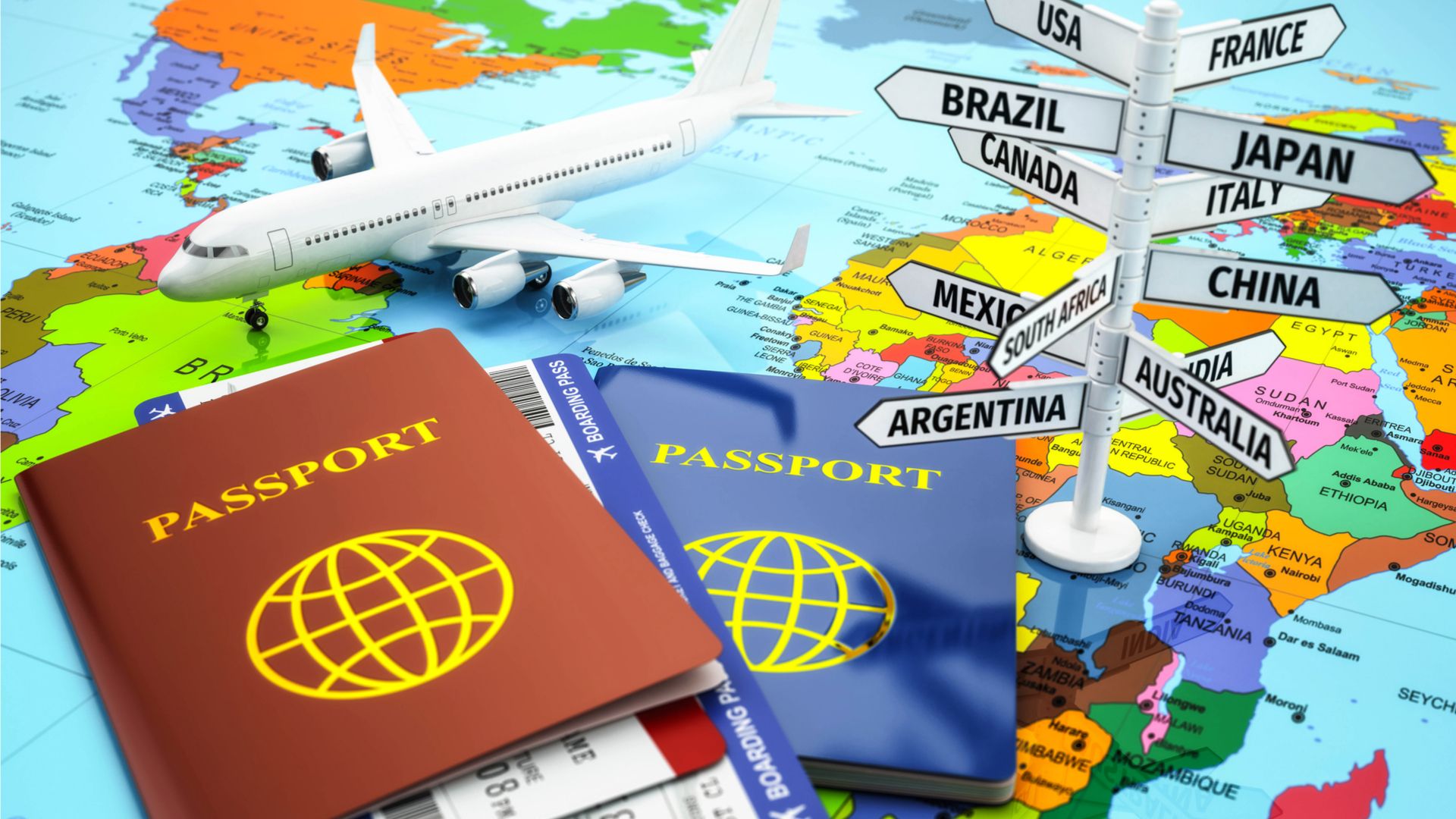Travelzoo is setting investors at ease with a jump in profits, even as global trade tensions aggravate business in Asia.
Gains in North America and Europe in the fourth quarter drove an increase in the stock price of the deals marketer on Wednesday, but ongoing losses in the Asia Pacific region dragged overall revenue down. In particular, the vacation package site suffered a nearly 30 percent loss in revenue in China, due in part to staffing issues and the ongoing U.S.-China trade war. The region has been a source of losses for the company for over three years.
“I would say the only area where we see a significant decrease in travel is in China, consistent with what we have heard from other companies,” said Travelzoo CEO Holger Bartel during an earnings call on Wednesday. “We have to move in step with the Chinese consumer who is hesitating to spend, but that might change at some point in time when the trade war between the U.S. and China is coming to a conclusion.”
Still, the company’s stock jumped 13 percent after market open, reaching nearly $15 before dropping slightly in the hours after the report was released.
North America and Europe generated $4.3 million in profits, nearly double from last year, while Asia Pacific maintained $1.5 million in losses. Overall, revenue came in at $27.1 million, up 2 percent from the fourth quarter of 2017. Earnings per share jumped to 13 cents from 5 cents the year prior.

Screenshot of Travelzoo’s China site
Four years ago, the company reacquired its business in Asia Pacific from Travelzoo founder, Ralph Bartel, the brother of CEO Holger Bartel. Travelzoo initially spun off Travelzoo Asia-Pacific in 2009, citing significant losses. However, since the reacquisition, the brand has been unable to turn a profit in the region.
“We understand that the continued losses are not acceptable neither for investors nor for us,” Bartel said. “More efforts are needed from our global organization to assist Asia Pacific with growing revenue to reach profitability.
To this point, he emphasized a company project known internally as Asia Pacific 2020. Bartel said Travelzoo would soon announce an experienced executive to oversee the outline and execution of the project.
He added that the brand was looking into partnerships in China, in order to grow its scale in the country. A “temporarily smaller sales team” was another reason for the lowered revenue in the Chinese market, he said, promising that Travelzoo would build up the team in 2019.
Besides U.S.-China economic tensions, the company was optimistic about the short-term future of travel. Bartel referenced global overtourism as a positive for the industry, in that it could be a way for travel companies to use their expertise to promote lesser-known vacation spots to customers.
The company has continually changed its focus over the last several years, trying to figure out what makes the company relevant when consumers have so much information immediately at their disposal. Currently, Travelzoo publishes vacation package deals to its nearly 3 million members, but it has previously promoted itself as a hotel booking site, or even a place to source local vouchers.
In Europe, Travelzoo has debuted a new offering, which could help drive growth in other markets. Customers are able to see real time flight information as they look at hotel deals, instead of having to access flight information on a different site, potentially making the process easier.
This article was originally published on Skift, a Jing Travel content partner.
Additional links from Skift:




